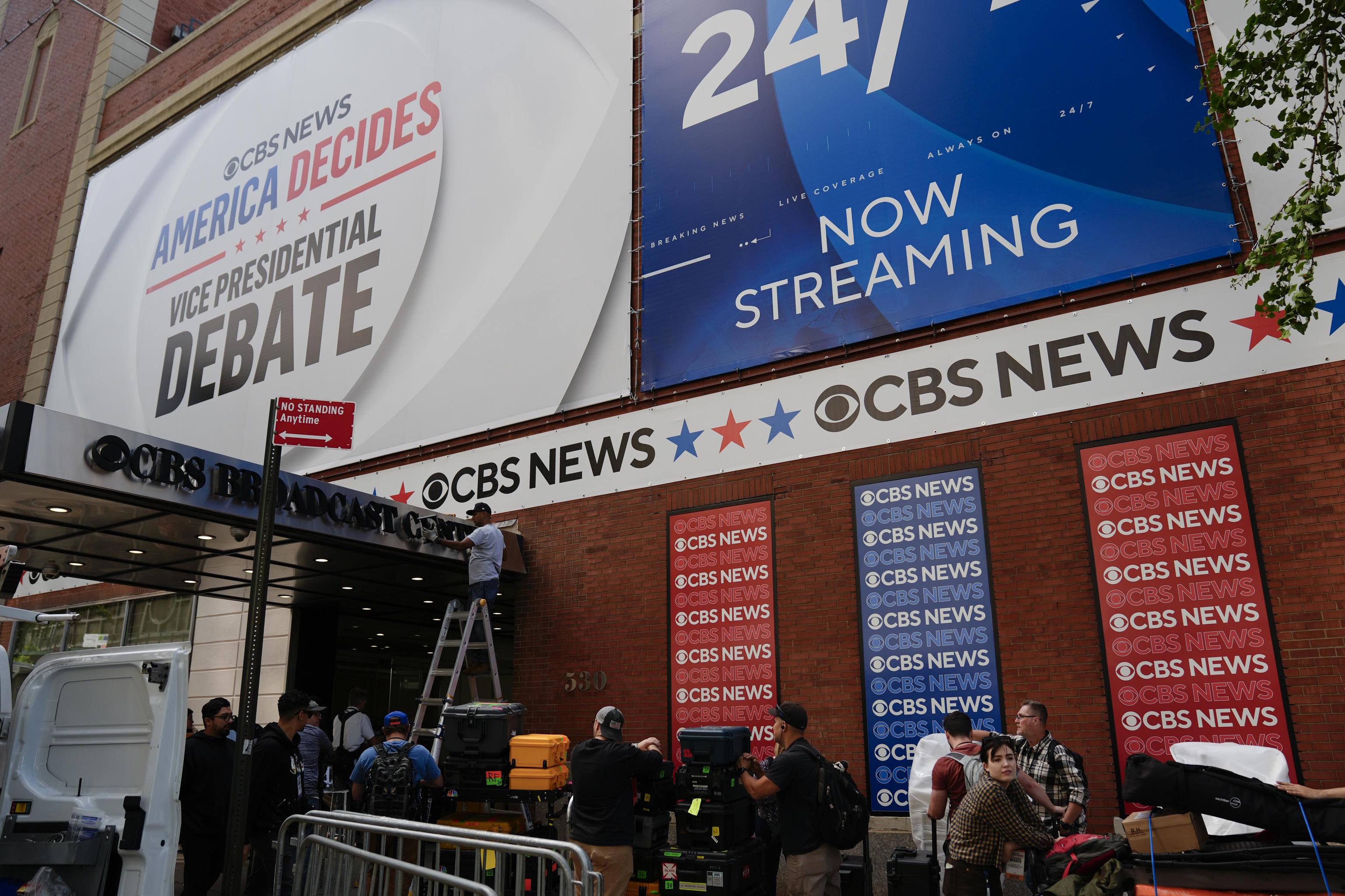A "Western duel" implies speed, ferocity, and violence. A "Midwest duel" means the opposite: slowness, good manners, and above all, a lot of calm.
That was the key to the debate between the Democratic vice presidential candidate, Tim Walz, and the Republican, JD Vance. Both are from the Midwest. And yes, it is true that Minnesota, where the former is from, has given the world the Cohen brothers, Prince, or Bob Dylan, while Ohio, where the latter comes from, has given us Paul Newman or Steven Spielberg. But there are things that cannot be taken away no matter how many luminaries one may have: the Midwest is not famous for its emotions.
And that was evident in the debate. Accustomed to eight years of Trump, and with the intrigue of Biden not knowing whether he was coming or going three months ago, the audience must have been stunned by the civilized conversation between Walz and Vance. More than stunned, asleep. The two, rather than debating, talked, something unusual in these days and times. Vance, true to what was expected of him, did not speak a truth by chance, to the point that on one of the two occasions when the moderators corrected him for falsifying data on immigration, he jumped helplessly, "the rules said there wouldn't be fact-checking!" (meaning that the statements of a public figure would not be confronted with facts). It is true that those were the rules, which meant giving Vance a free pass, the author of phrases like "I will make up stories as needed until the media pay attention to abandoned communities."
Walz, to the astonishment of many Democrats on social media, let his rival wander into his fantasy worlds without going for the jugular. Perhaps it's a Midwest thing. Or perhaps a strategy. His style was reminiscent of the late Harry Reid, who always seemed to lose debates and then win elections, to the point of becoming the Senate leader and turning Nevada into a firmly Democratic state that may now change. It's incomprehensible in Washington. But the Midwest is another galaxy. Either way, Walz has had a successful political career since 2010.
Nevertheless, the debate had some good moments, aside from Vance's protests against fact-checking. Walz, who inexplicably started nervous, had a point in his second intervention when he said something with which every Foreign Minister on planet Earth would agree: "Tweeting is the usual diplomatic procedure." Vance took the lead for much of the debate and also made his ideology clear with something very Republican: the rejection of experts. At times, tinged with what some might consider opposition to vaccines. Thus, he stated that "many of the medicines that Americans put into our bodies are being manufactured in countries that hate us." The Ohio senator was much more explicit when he repeated several times that "we're not going to listen to the experts," whether in economic or health policy, and spoke of "people with a doctorate, but no common sense". Meanwhile, Walz had to admit that he had lied when he said he was in Hong Kong during the days when China crushed the democratic movement in Tiananmen Square in 1989. "Sometimes I'm a blockhead," he concluded.
Meanwhile, from his social network, Truth Social, Trump took care of injecting the ferocity that the candidates were not displaying. True to his style, the former president first attacked the moderators, with a message that reflects his way of seeing, let's say, the world: "The two young ladies with extremely biased presenters!". He was referring to Morah O'Donnell and Margaret Brennan, the moderators, who are respectively 50 and 44 years old. It's another view of reality that will probably win the elections on November 5.
